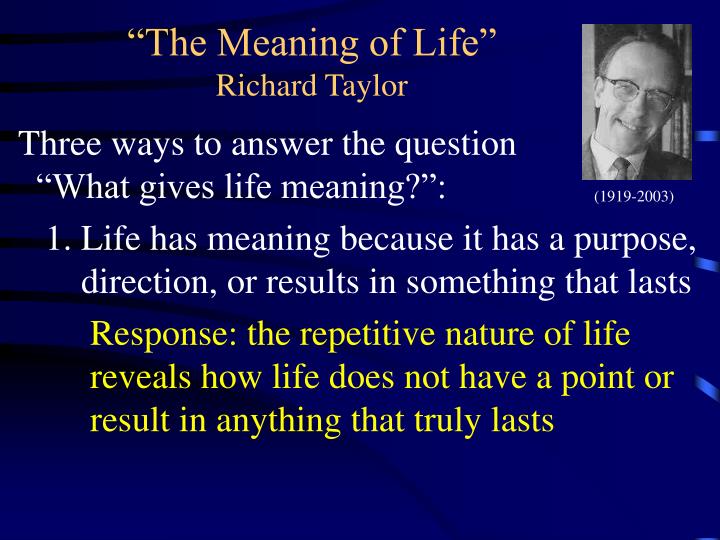Definitions of knower. a person who knows or apprehends. synonyms: apprehender. type of: individual, mortal, person, somebody, someone, soul.
Also What is a knower in Tok? In TOK you are invited to wonder and wander, to reflect upon knowledge you have gathered throughout the years and to analyse yourself as a knower. … The whole course will be interspersed with such questions about knowledge.
Likewise What is the different between knower and known? ” The knower is not the known “ has sometimes been taken to mean that the knower is not known ; hence the doctrine of the transcendental ego. Alternatively, the distinction is taken to imply that the knower can only be known as knowing, i.e., known in a différent way from things which are known as known.
Is Knower a real word? Frequency: Agent noun of know: one who knows.
Who is Knower self or body?
Knower’ is always separate from things ‘known’: We must reflect and realize this profound truth of truth. So, if I am the knower of my own ‘body’, it logically follows that I am separate from the body; I am the ‘subject’, ‘knower’ not an ‘object’ to be ‘known’.
What is the theme knowledge and the Knower? The new core theme, Knowledge and the Knower, challenges students to reflect on how they know things, and asks them to critically analyse the factors that can affect this knowledge. These are integral aspects of the course that we will cover in later TOK-bite videos.
What is a knower gaze in education? In knower code disciplines students must develop a gaze in order to recognise what is “authentic” to the discipline (Bernstein 1996, p. 164). The valued gaze, which is often tacit, provides insight into the discipline and its rules of engagement and success (Luckett 2012).
What does perspective mean in Tok? Perspective. The angle at which an object or concept is viewed by a person or a group of people. Perspectives may converge or diverge and be a result of a plethora of factors such as upbringing or experience.
What is the relationship between knowledge and the knower?
The knowledge and the knower goeas through the information that must be verified and validated through evidences or/and in some cases evidences are limited and do not qualify as evidences. The knowledge and the knower cannot make effective connections due to problems of knowledge.
What is the relationship between the knower and external reality? Unlike the self who is a knower subject, the external reality is an epistemological object, i.e. it is an object which can be known by the self. Therefore, I will call the external object the not-self or an object known by the self. In the narrower sense, the external reality is the object of the physical world.
Which of the following philosophies agrees with the distinction between the knower and the known?
Modern Western epistemology began with Descartes’s Cogito, which assumes a distinction between the knower and the known.
What is a Knowe in Scotland? Noun. knowe (plural knowes) (chiefly Scotland and Ulster) A small hill; a knoll.
What makes a good knower?
Knowers effectively apply their knowledge to current situations that are static, definable, and knowable. For example, when a nurse discovers a patient in need of resuscitation, she assesses the situation within seconds and applies her knowledge to that static, definable, knowable situation.
What does apprehender mean?
Definitions of apprehender. a person who seizes or arrests (especially a person who seizes or arrests in the name of justice) type of: individual, mortal, person, somebody, someone, soul. a human being.
What is the purpose of physical facility for body? Physical facilities are nothing but physio-chemical things which are used for nurturing, protection and right utilization of body, while prosperity is a feeling of having (or ability to have) more physical facilities than required. Today we don’t even talk about knowing how much physical facilities we need.
How many components of resolution are in human values? Man living in complete resolution, prosperity, fearlessness and co-existence at all these four levels, is able to be satisfied in all his four dimensions- satisfaction in thought by way of complete resolution, satisfaction in behavior by way of mutually fulfilling relationships, prosperity in work by way of enrichment …
Does knowledge need to be true?
Knowledge is always a true belief; but not just any true belief. (A confident although hopelessly uninformed belief as to which horse will win — or even has won — a particular race is not knowledge, even if the belief is true.) Knowledge is always a well justified true belief — any well justified true belief.
What are the Tok core themes? The TOK themes are a new element to the TOK syllabus for 2022. They comprise the Core theme (Knowledge & the knower), and the Optional themes (Knowledge and indigenous societies, language, politics, religion, and technology).
What are the 12 concepts of Tok?
The 12 Concepts: A method for structuring the TOK course. Those 12 concepts are Evidence, Certainty, Truth, Interpretation, Power, Justification, Explanation, Objectivity, Perspective, Culture, Values and Responsibility.
What is low flatline in teaching? Flatlining Low: You can also flatline low, by just sticking to everyday examples and language, never making the links to the concepts you are trying to explain. … You move on to the next concept before anyone has made sense of how the everyday things explain the first technical one.
What is high flatline?
Contexts in source publication
In Figure 2, knowledge acquisition, represented by Line A, is described as a ‘high semantic flatline’ (Maton 2013, 12). It is characterised by a very small semantic range, with little change in its semantic gravity or semantic density over time. …
What is low flatline? to remain at a continuous low level.
Do’t forget to share this post !
